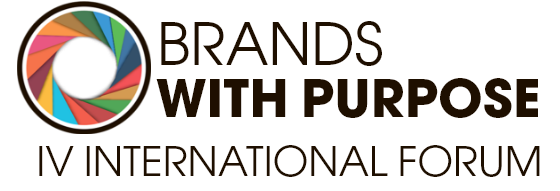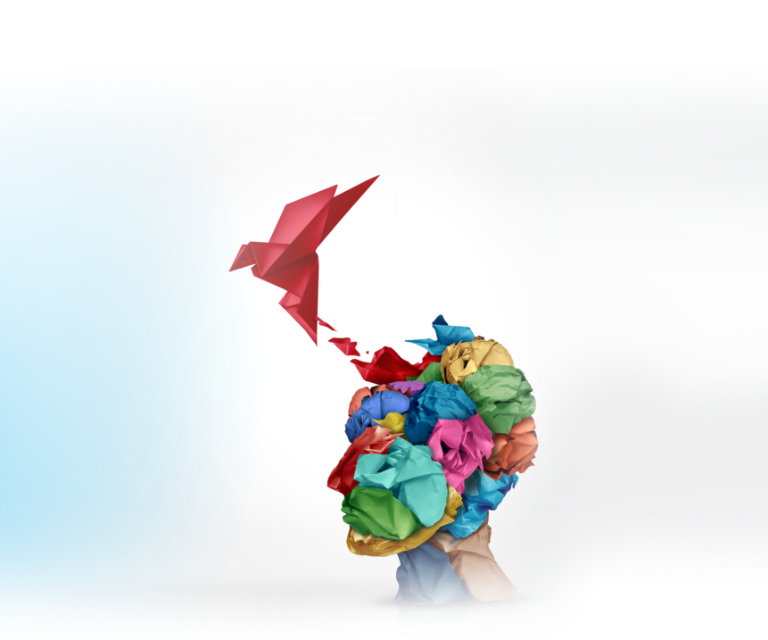

For the first time in history, the Sustainable Development Agenda and a responsible approach to dealing with people have become critically important for the present and future of Russian companies for a variety of reasons.
These are the projected catastrophic consequences of climate change (the latest IPCC report leaves no hope for an easy way out of the current crisis); and the challenges associated with the introduction of a European carbon border corrective mechanism; rising expectations of investors and regulators; growing risks associated with inequality, social tensions and an increasingly polarized society.
And on the other hand, there is the emerging consumer demand for responsible brands, the growth of civic awareness and the interest of talented job seekers to work in companies with a clear understanding of their role in creating a sustainable future.
Government agencies, public institutions, the academic and expert community, business, the non-profit sector, as well as people who vote with their hearts, rubles and attention for responsible and honest brands should become the stakeholders of sustainable transformation and the drivers of real action.
The annual forum "Brands with Purpose" is one of the largest platforms for expert discussion, data exchange and presentation of best Russian and foreign practices. The sustainable development agenda is viewed through the prism of systemic changes as opposed to one-off solutions caused by external pressure, short-term benefits or an attempt to cover up the negative footprint of its core activities. The focus is always on the real people: fellow citizens, consumers, employees, and partners.
The latest IPPC climate report leaves no hope to retain global temperature increase rate within 1.5 °C: thawing arctic ice, deforestation, drought, floods and other natural calamities are a global threat.
Regulatory (CBAM adoption) and investor pressure urge businesses to accelerate their environmental transition. However, real change is facilitated not by one-off efforts to sugar coat carbon footprint but by systematic change in public policy, in business and in people's minds of tectonic proportions.
• How to stop wasting time and money on ‘baby step improvements’, responding only to external triggers and avoiding truly large-scale change?
• How to implement the systematic approach: toughen regulatory pressure, how to build interaction between business and state and decide what and who can be relied on?
• How can an effective economic system be rendered environmentally safe and humane?
• Net Zero transition through growth and investment: what should it look like in Russia, and what kind of incentives are needed to drive businesses and consumers to achieve a transition to a low-carbon consumption and production model?
• Sustainability: the new reality of Russian companies. Presentation of the fourth wave of the joint KPMG and Effie Russia survey based on 2021 applications + track for change against the backdrop of the pandemic.
The 2020 social crisis coupled with the environmental crisis has revived age-old social issues. Accumulating sensitive social issues in the backroom of the headlining agenda is no longer an option—it's time to find real solutions. The role of the business community in people interactions and unification is now as crucial as ever.
A discussion panel of social scientists and business leaders who have implemented sustainable development strategies, public figures and social activists.
• Where we are now: a growing inequality, social risks, value and meaning crisis, civil society development barriers.
• Capitalism with a human face: increased demand for humanism, cases for social unity and civil activism.
• The role of business in solving sensitive social issues. Danger zone or foundation of development?
• How to work with trust and change mental models and mindsets?
The climate agenda is no longer solely the focus of green activists, scientists and mining companies. Every one of us contributes to the global environmental collapse in our own way, and the question is how to decelerate the irreversible change and preserve what we still have as much as possible.
Apart from achieving carbon neutrality, brands emphasise the development of responsible consumption patterns with their partners and loyal customer base. When used right, the communication power of business can play a key role.
• The best marketing cases contributing to people's awareness about climate change, its relevance and urgency.
• Busting the myths of global warming.
• B2C communications: encouraging a transition to more responsible consumer behaviours.
• B2B communications: transition to sustainable supply chains, renewable energy sources, mindful production.
• Measuring effectiveness and social impact of the climate action campaigns; link to root business and effect on key indicators.
• Social equality: in which context we place equality and inclusion in Russia.
• Intolerance and public anxiety: how to deal with insecurity, lack of awareness and understanding.
• How to start a conversation on a socially high-profile topic? Risks for brands.
• How to avoid zugzwang when addressing a multi-level, complicated and sensitive topic: mental models and cultural practices in marketing and operating strategies.
• Federal Law 135-FZ and other regulatory barriers to social awareness and understanding.
SAP Digital Leadership Center
Kosmodamianskaya embankment, 52/7, 2nd floor Moscow, 115054